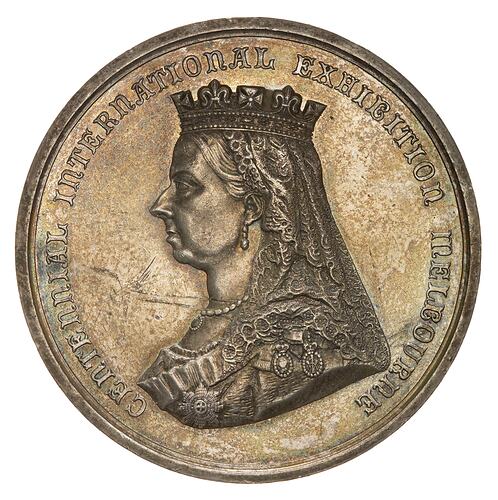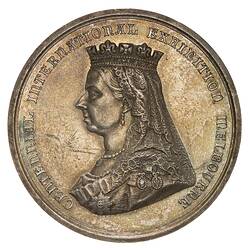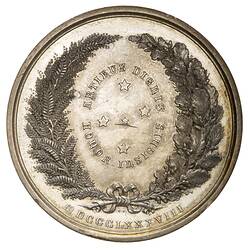Thomas Brunton was born in 1831 in Scotland. He attended a local parish school, and at the age of 12 was apprenticed to a baker. At 22 he voyaged to Australia in search of gold, but his efforts at Mount Alexander and Maldon were unsuccessful. So he moved to Melbourne and found employment at the gas works. Brunton was ambitious, however, and a year later bought a bakery with a school friend. It was soon successful, and about the same time he confidentially married Jane Chattaway. His family expanded as his business developed, eventually boasting five sons and three daughters. Brunton became involved in public life, including serving as president of the Victorian Protection League. He was politically ambitious, and in 1860 unsuccessfully contested the seat of West Melbourne.
In 1868 Brunton was able to build a flour-milling plant at the corner of Spencer Street and Flinders Lane. Four years later he went on a fact-finding mission to America, England and Europe, and returned with plans for a new flour mill. The new milling process required porcelain and chilled iron rollers. They were not available locally, but duty was charged to import them. He felt that an association of millers was required, and in 1884 founded the Corn Trade Association. As its president he urged the formation of a Chamber of Commerce. In 1887, aged 56, Brunton opened a flour mill at Granville, Sydney. The branch was largely managed by his sons. In 1890 Brunton's political ambitions were realised when he won the Southern Province, the same year he became a Harbour Trust commissioner. He held the seat for 14 years. Brunton regarded the possession of property as 'evidence of thrift and good citizenship', and although he did not support enfranchisement of women he felt that it was acceptable for them to be property owners.
In 1888 Brunton won a silver medal at the Melbourne Centennial International Exhibition (NU 20490). The medal was awarded for an entry in Class 66 - Cereals, Farinaceous Products, and Products Derived from Them. Brunton's award was no.1342 - for 'patent roller flour, wheaten meal'.
In 1893 Brunton sold his Melbourne city mill and moved the business to North Melbourne, where he established the Australian Flour Mills. In the next two years he added to his public responsibilities by becoming president of the Royal Caledonian Society 1894-6 and president of the Royal Agricultural Society in 1895. He valued agricultural experience above education - perhaps a reflection of his own lack of education.
In 1898 Brunton sought leave from the Legislative Council because of ill health, and went overseas. By 1903 he had virtually relinquished control of his business interests to his sons and bought Roxburgh Park, near Broadmeadows, where he bred sheep, cattle and horses. He died there on 7 September 1908.
References:
Australian Dictionary of Biography.
Centennial International Exhibition Official Record, p.622.
More Information
-
Keywords
-
Localities
Maldon, Victoria, Australia, North Melbourne, Victoria, Australia
-
Authors
-
Article types


